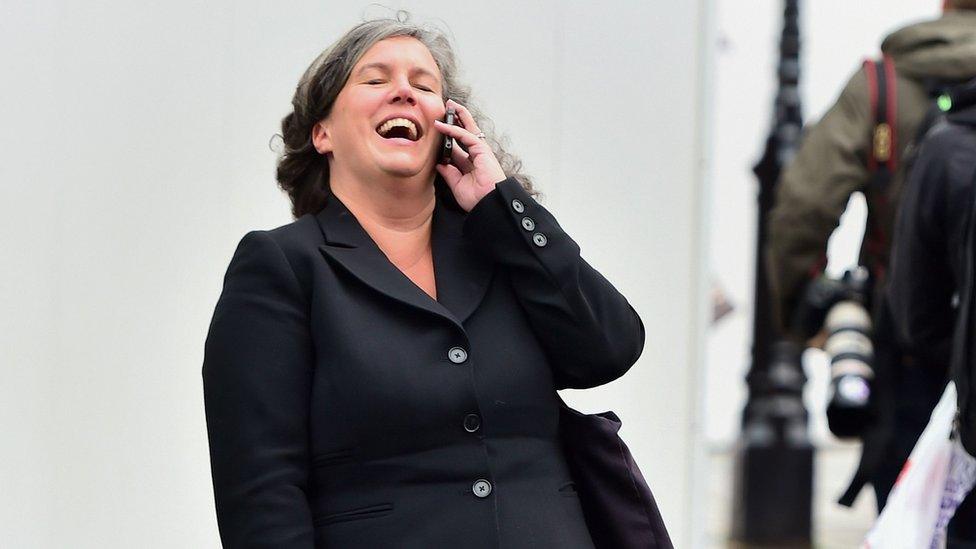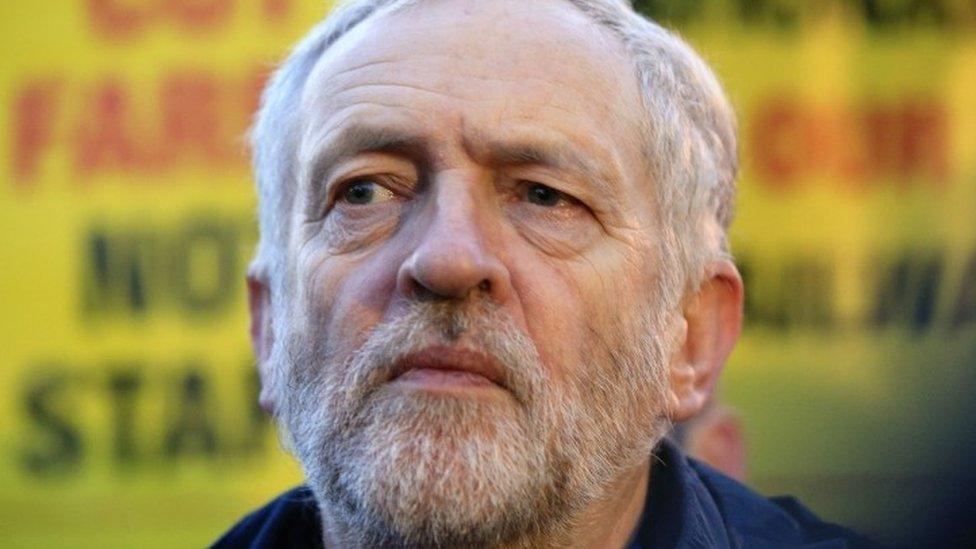Why reshuffles matter
- Published
Will this turn out to be the reshuffle that never was?
One member of the shadow cabinet said, "it was all on, and then it was all off again".
A senior Labour figure tells me now that despite the target on Hilary Benn's back, that Jeremy Corbyn has "backed down", and the shadow foreign secretary is absolutely safe in his job.
The shadow defence secretary, Maria Eagle, has been told that she will be moved jobs, but won't be demoted.
It seems, and Jeremy Corbyn's office says no final decisions have been taken, that any big moves are now off the table.
Jeremy Corbyn did, just 36 hours ago, want new faces in those jobs after bust-ups over nuclear weapons and military action in Syria, but this morning it would be a big surprise to his shadow cabinet - even though this might be a disappointment to some of his supporters - if he did go ahead with making the changes.
His supporters say much of the frenzied speculation around the reshuffle was whipped up by their opponents, rather than Mr Corbyn himself, but I understand he did want to make the changes and after members of the shadow cabinet made it plain that they would resist him extremely strongly, it seems he will not.
Frankly, while predicting reshuffles is one of Westminster's favourite parlour games, most members of the public will be hard pushed to notice much has gone on.
But reshuffles do matter, because they are a test of the authority of political leaders.
Whatever the final details today, the bigger question in the longer term is whether even the threat of sackings will change the dynamics, will it mean the shadow cabinet will be less willing to contradict or challenge Jeremy Corbyn's positions in public?
- Published14 September 2015

- Published4 January 2016
- Published5 January 2016
